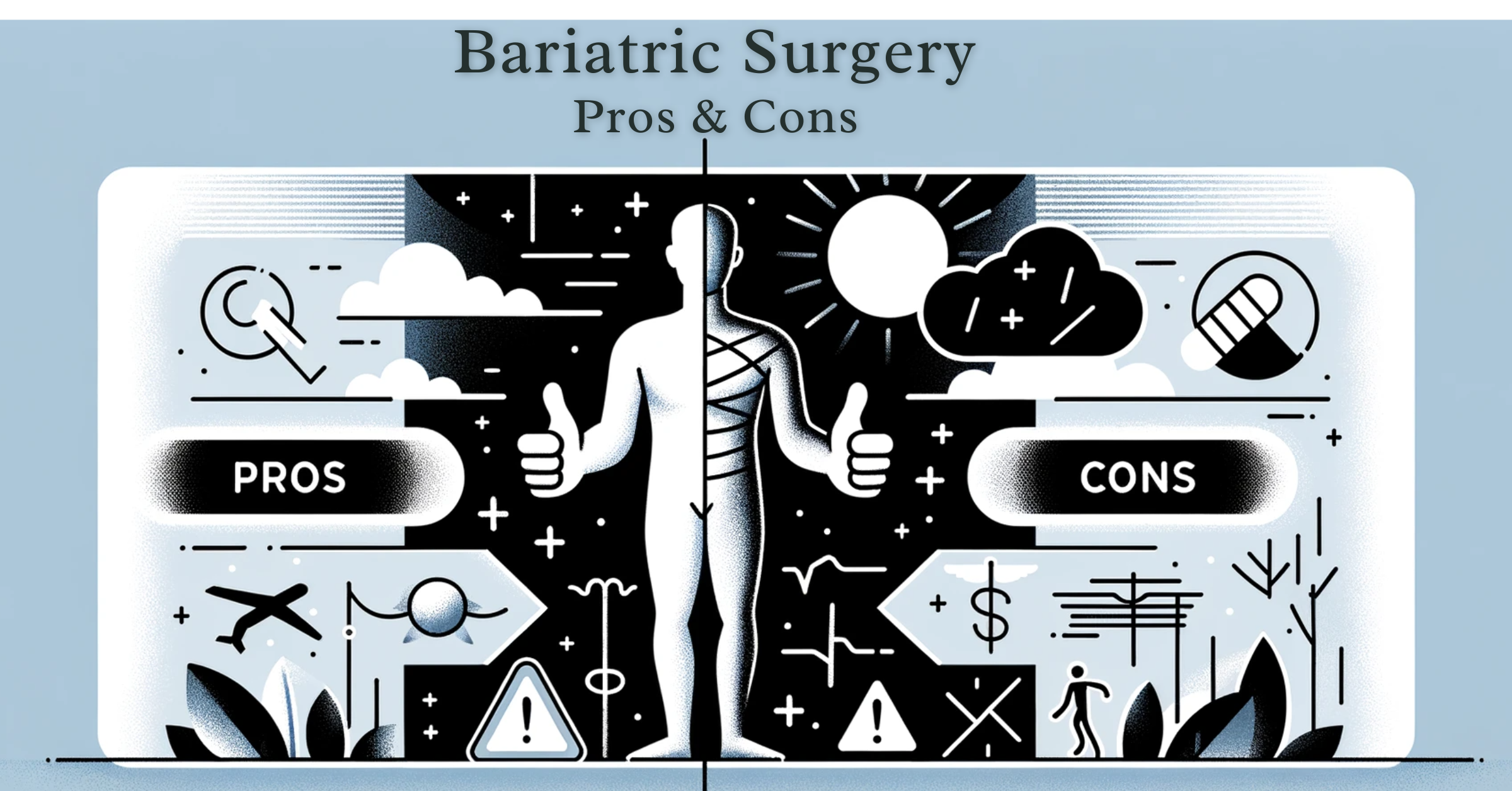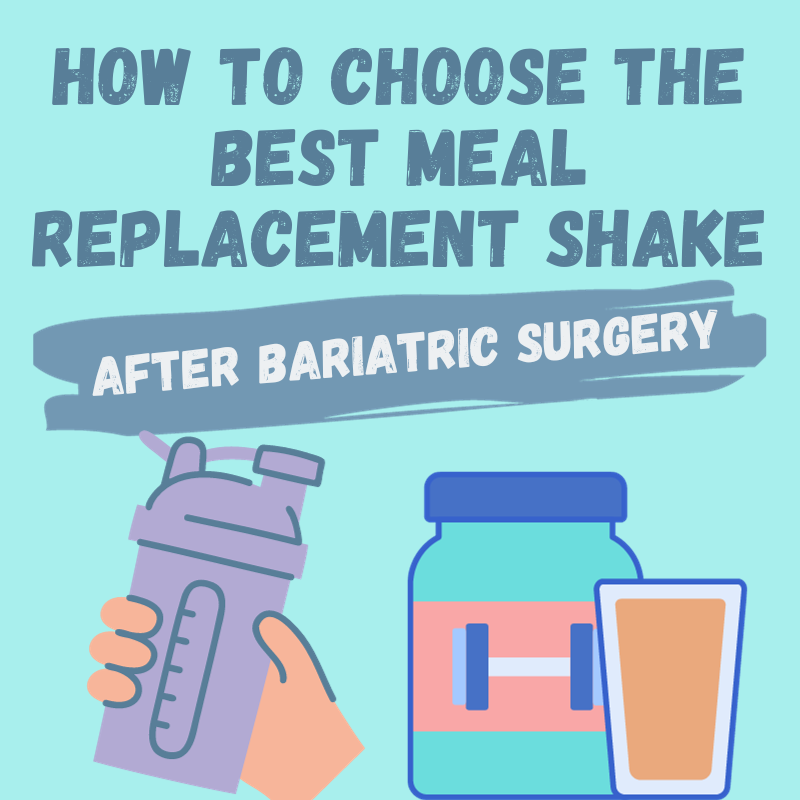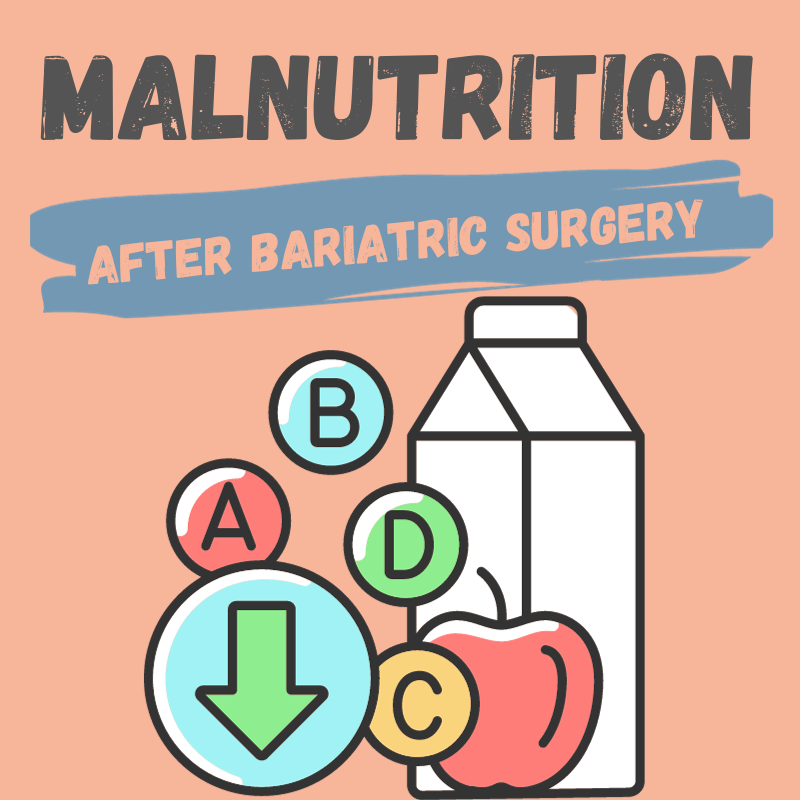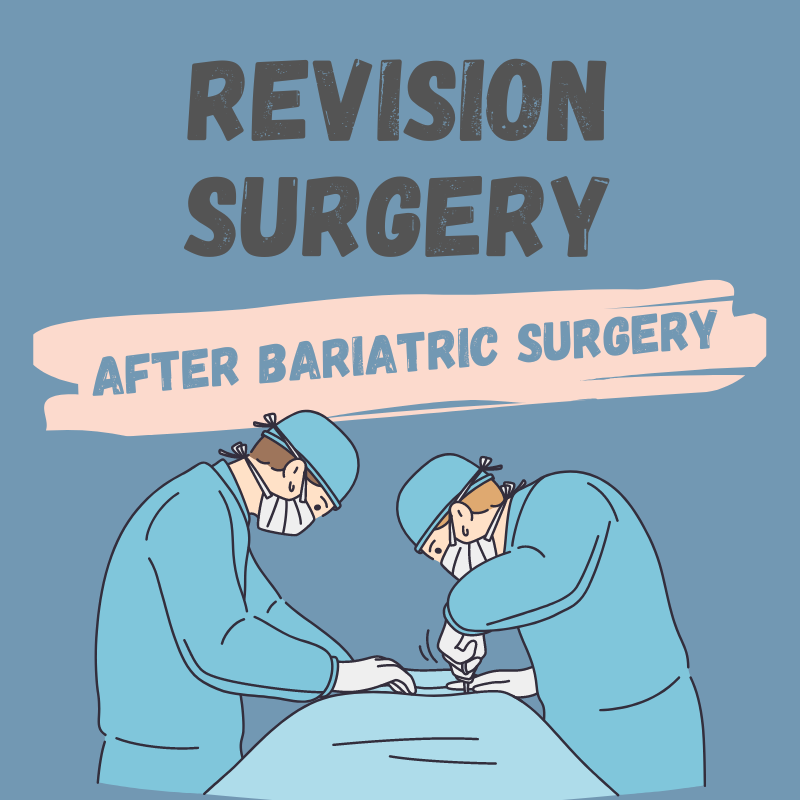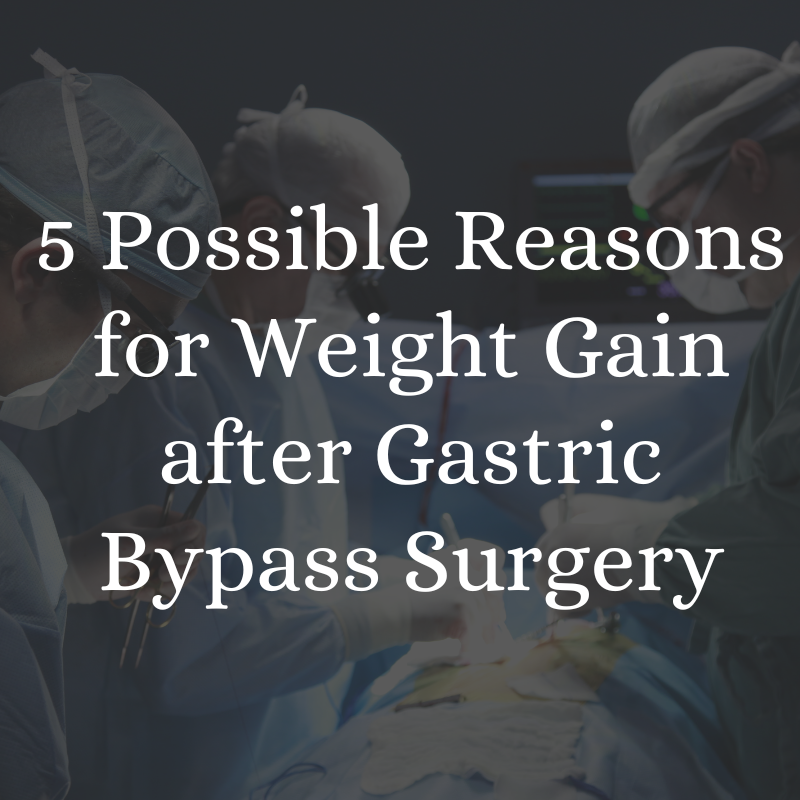Your cart is empty
Gastric Sleeve Leaks: Understanding the Symptoms, Causes, and Treatment Options

Gastric sleeve surgery, also known as sleeve gastrectomy or VSG, is a weight-loss surgery that involves removing a large portion of the stomach. The remaining stomach is shaped like a sleeve or tube, which reduces its size and limits the amount of food it can hold. While gastric sleeve surgery is considered a safe and effective procedure, there is a risk of complications, such as leaks.
What is a Gastric Sleeve Leak?
A gastric sleeve leak occurs when there is a hole or a tear in the newly formed stomach sleeve, which allows the stomach contents to leak into the abdominal cavity. This can lead to serious complications, such as infections, abscesses, and sepsis, which can be life-threatening.
What Does a Gastric Sleeve Leak Feel Like?
The symptoms of a gastric sleeve leak can vary, depending on the severity and location of the leak. But here are the most common symptoms:
- Abdominal pain or discomfort
- Chest pain
- Shortness of breath or difficult breathing
- Rapid heart rate
- Fever
- Chills
- Nausea and vomiting
- Low blood pressure
- Drainage from incision sites
If you experience any of these symptoms, it is important to seek immediate medical attention, as they could be signs of a gastric sleeve leak.
What Causes a Gastric Sleeve Leak?
These are the most common causes of a gastric sleeve leak:
- Inadequate surgical technique
- Poor healing of the surgery site
- Infection
- Gastric ulcer
- Suture line breakdown
- Trauma to the surgical site
- Excessive vomiting or retching
It is important to follow all post-operative instructions provided by your surgeon to reduce the risk of complications.

How Do I Know If I Have a Gastric Sleeve Leak?
If you’re feeling the symptoms of a leak, tell your doctor immediately. If your doctor suspects that you have a gastric sleeve leak, they may perform one or more of the following tests:
- X-ray: to look for air or fluid in the abdominal cavity
- CT scan: to detect the location and severity of the leak
- Upper endoscopy: to visualise the stomach and confirm the presence of the leak
- Blood tests: to check for signs of infection or inflammation
How Do You Fix a Gastric Sleeve Leak?
The treatment for a gastric sleeve leak depends on the severity and location of the leak. In some cases, a small leak may heal on its own with the help of antibiotics and a liquid diet. However, if the leak is large or causes serious complications, surgery may be required.
What Are the Surgical Options for Treating a Gastric Sleeve Leak?
- Revision surgery: to repair the leak and reinforce the suture line
- Endoscopic stenting: to place a stent across the leak to allow it to heal
- Drainage: to drain any fluid or pus that has accumulated in the abdominal cavity
Your surgeon will determine the best option for you.
How Do You Prevent Gastric Sleeve Leaks?
While there is no guaranteed way to prevent a leak, there are several steps you can take to reduce your risk of complications:
- Choose an experienced and qualified surgeon
- Follow all preoperative and post-operative instructions
- Do not overeat, or over-drink
- Avoid smoking and alcohol
- Follow a healthy diet and exercise regimen
Conclusion
A gastric sleeve leak can be a serious and potentially life-threatening side effect of bariatric surgery. Some of the causes are out of your control, so work on the things that you do have the power to control. Overeating and over-drinking can put undue stress on your newly formed stomach, so it's important to stick to a bariatric diet approved by your doctor or nutritionist. And of course, avoiding smoking and alcohol can also help reduce your risk of complications and promote overall health. With proper treatment and prevention measures, you can reduce your risk of complications and enjoy the benefits of a healthier, happier post-op life.
Continue Reading: My 5 Year Post-op Gastric Sleeve Story
Bariatric Guides & Information
More Info
Customer Favorites
- Choosing a selection results in a full page refresh.





